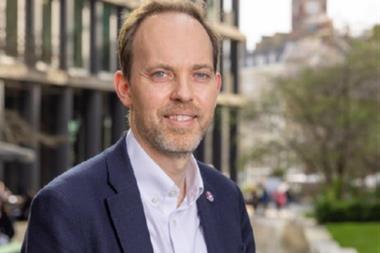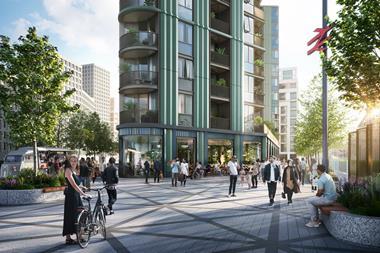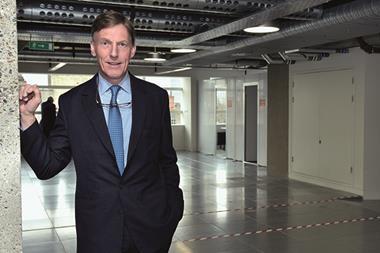The future of East London’s 2012 Olympic Games’ site needs a more holistic approach, according to David Higgins, chief executive of the Olympic Delivery Authority.
He was replying to a question from Martyn Chase, president of the BCSC about the post-games legacy.
Higgins replied: ‘We are not going to be the client any more. We will cease to exist in 2014. Somebody has got to be the client and decide what is wanted in terms of these assets.’
He added that to their credit, the London development Agency and the mayor of London, Boris Johnson, had recognised that there was a vacuum and there was a need to fill it.
‘But it needs to be more holistic,’ he said. ‘It has got a way to go yet. We have got plenty of time to carry it out. But it is important that we have that debate.’
He reflected on what he described as a 600-acre estate that would remain after the Olympics, and observed; ‘What the private sector wants is clarity of decision-making.’
He suggested a parallel with Canary Wharf where there was one point where they was one decision-making point.
Higgins also spoke of the 18,000 jobs that would be created in Stratford Town Centre for local people with commercial development now under construction.
But he warned against the danger of relying on the private sector for social benefits, pointing out that Canary Wharf had not changed the surrounding Tower Hamlets area.
‘You can’t expect the private sector to solve that major failing in government infrastructure of lack of social cohesion,’ said Higgins.






























No comments yet